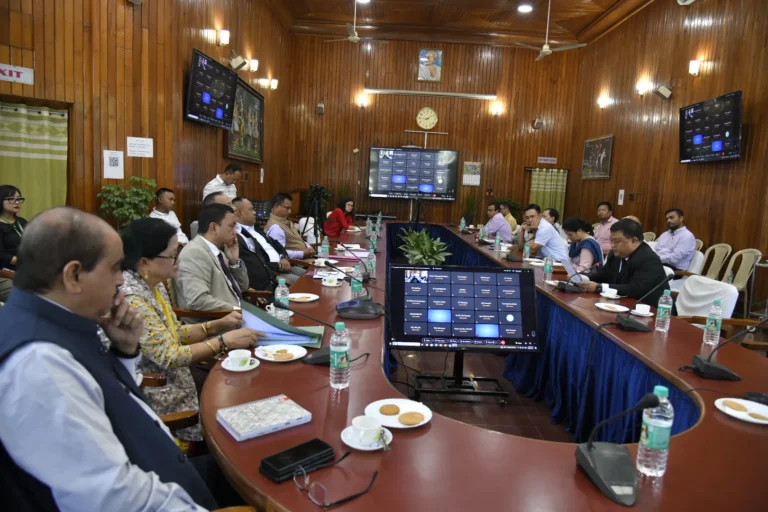Manipur’s Internet Shutdown: A Necessary Measure or an Unjust Burden?
Summary
The Manipur government recently suspended internet services in five valley districts for five days in response to escalating tensions and violence in the region. This measure aims to prevent the spread of rumors, inflammatory content, and misinformation via social media, which could exacerbate the already volatile situation. The shutdown excludes the hill districts and has sparked widespread criticism for its impact on daily life, including disruptions to online financial transactions, education, and communication. Critics argue that such bans often fail to address the root causes of unrest while intensifying hardships for the populace.
What Sparked the Ban?
Manipur has been grappling with severe unrest, including violent student protests and ongoing ethnic clashes. To curb the spread of disinformation that could inflame tensions, the government ordered a temporary suspension of internet services in valley districts like Imphal West, Imphal East, Thoubal, Bishnupur, and Kakching. This decision, effective immediately, was intended to maintain public order and prevent potential mob mobilization through social media platforms such as WhatsApp, Facebook, and Twitter.
How Does the Ban Work?
The shutdown applies broadly, affecting mobile internet, broadband, and even virtual private networks (VPNs). However, certain critical services have been exempted. Officials cited the Temporary Suspension of Telecom Services (Public Emergency or Public Safety) Rules, 2017, as the legal basis for the move. The government has expressed concerns about potential damage to public and private property, loss of life, and threats to communal harmony due to the circulation of inflammatory material online.
A Double-Edged Sword
While intended to protect public safety, the ban has significantly disrupted everyday life:
- Financial Transactions: Many residents rely on mobile payments for daily transactions, and the shutdown has led to cash shortages at ATMs.
- Education: With schools and universities already strained by curfews, students find themselves cut off from online learning resources.
- Professional Work: Freelancers, remote workers, and businesses dependent on the internet face mounting losses.
Public Backlash
The recurring use of internet bans in Manipur has drawn sharp criticism. Observers argue that these measures fail to address the root causes of violence, such as long-standing ethnic tensions and governance issues. Moreover, the shutdown has not fully curtailed the use of social media for spreading misinformation, as some users find ways to bypass restrictions. This raises questions about the effectiveness of such bans in preventing unrest.
Context and Broader Implications
Manipur’s situation reflects a broader trend in India, where internet shutdowns have been frequently employed as a crisis-management tool. Critics argue that these measures often infringe on fundamental rights, including access to information and freedom of expression. Furthermore, prolonged shutdowns can weaken public trust in institutions and exacerbate the very tensions they aim to resolve.
FAQs
- Why did Manipur suspend internet services? The suspension was implemented to curb the spread of rumors and inflammatory content during a period of heightened violence and unrest.
- Which areas are affected by the internet ban? The ban applies to five valley districts: Imphal West, Imphal East, Thoubal, Bishnupur, and Kakching. The hill districts are exempt.
- How has the internet ban impacted daily life? It has disrupted financial transactions, education, professional work, and communication, causing significant inconvenience to residents.
- Are internet shutdowns common in India? Yes, India frequently imposes internet bans during crises, but their effectiveness and ethical implications are widely debated.
- Is there a solution to the unrest in Manipur? Addressing the root causes, such as ethnic tensions and governance challenges, is crucial for achieving long-term peace.




